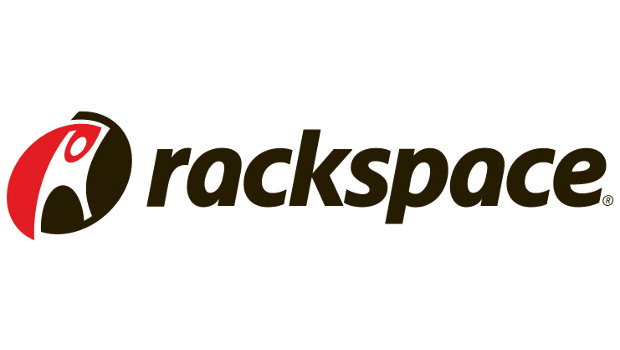
Rackspace unveils Service Blocks to mitigate excessive customer cloud costs
Managed services provider Rackspace has unveiled a new programme to help prevent added costs and cloud wastage among its customers.
Known as ‘Service Blocks’, the company will now offer public cloud services for customers using Amazon Web Services (AWS), Microsoft Azure and Google Cloud Platform (GCP), with pricing plans tailored to a company’s specific stage in their cloud adoption.
Developed under the leadership of Rackspace’s Australia team, the programme stemmed from a growing dissatisfaction among customers regarding the lack of flexibility within cloud services.
“The idea is to help save infrastructure wastage as that’s a very common complaint,” explained Emma Pudney, director of professional services at Rackspace A/NZ, who spearheaded the operation.
“The monolithic service offering that MSPs, including Rackspace, traditionally had was like having an ice cream stall with only two flavours.
“In doing so, you have a limited customer base and you can’t pick and choose what ‘flavours’ you want, so there are elements of wastage. The Blocks allow you to pick the elements you want that deliver value to you.”
Service Blocks will be specifically split into needs such as cloud architecture, deployment, operational support, cost governance and complex cloud operations.
Each will consist of different price structures, with architecture and infrastructure coming as one payment, while operations will be managed under a percentage fee model and complex cloud operations functioning as a monthly-subscriber service.
A report by the Technology Business Research (TBR) recently cited unprecedented costs as one the biggest sore points for businesses transitioning to the cloud.
In addition, according to Pudney, companies globally have become increasingly savvy with regards to their cloud operations as they bring more skilled employees on board.
“When we launched an AWS offering, we helped customer deploy cloud for the first time and there was incredible value in that,” she said. “But gradually, 18 months later, these customers became savvier with their cloud needs. And they would say to us: ‘You were great for the first part of our journey, but now it doesn’t give us enough’.
“Customers often didn’t like how MSPs charged for services and infrastructure. They wanted automation and services dependent on where they were on the value chain.
“If you’re a brand new user of cloud, you’ve got to be quite tactical in your use of it. It’s going to be quite transnational. If you’re quite far on with your use, then you’re going to be quite focused on automation.
“The idea of Service Blocks is to maximise value because customers can choose the bits that they want and not necessarily consume parts of service that don’t represent value to them.”
Although Pudney expected some resistance to Service Blocks from cloud channel partners, given that the offering could reduce their sales revenue, she said the reception had so far been positive.
“The providers are all very focused on reducing cloud costs,” she said. “If you save customers money, they are more likely to stay with you and they are more likely to reinvest their money into other services.
“There has been research that shows when you do infrastructure cost-saving at the front, over the long-term customers will spend more money. So we haven’t seen any resistance.”
IDG News Service






Subscribers 0
Fans 0
Followers 0
Followers